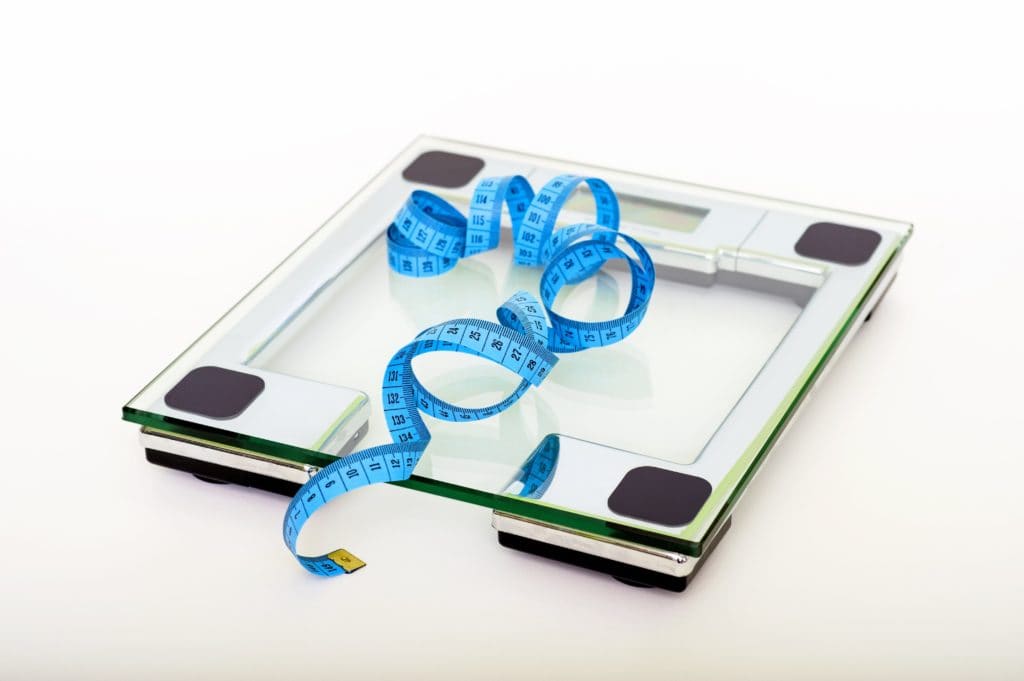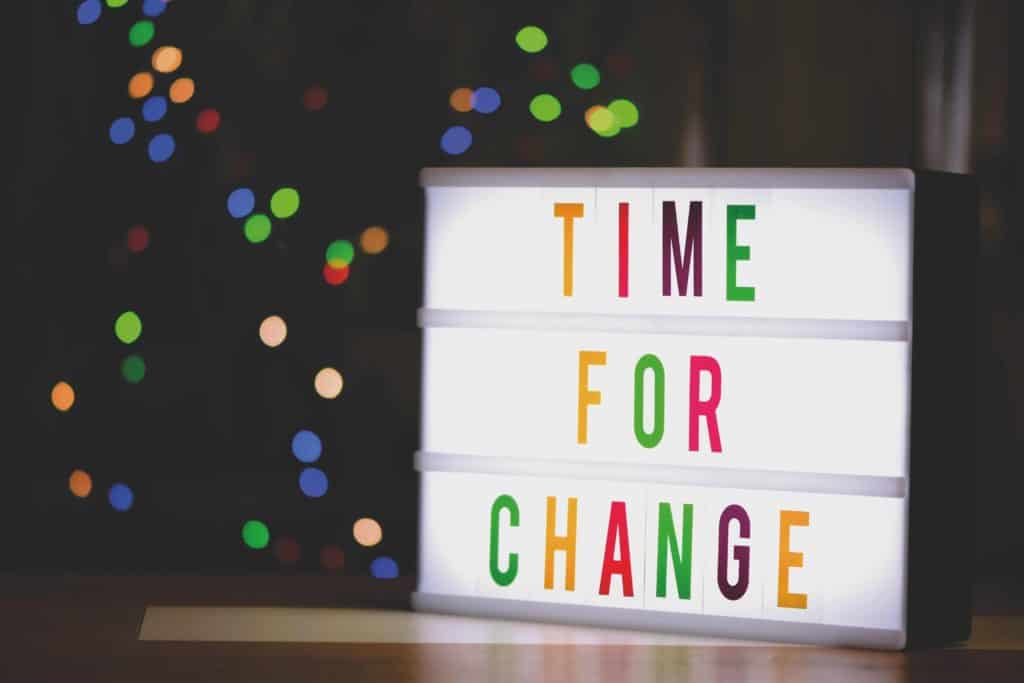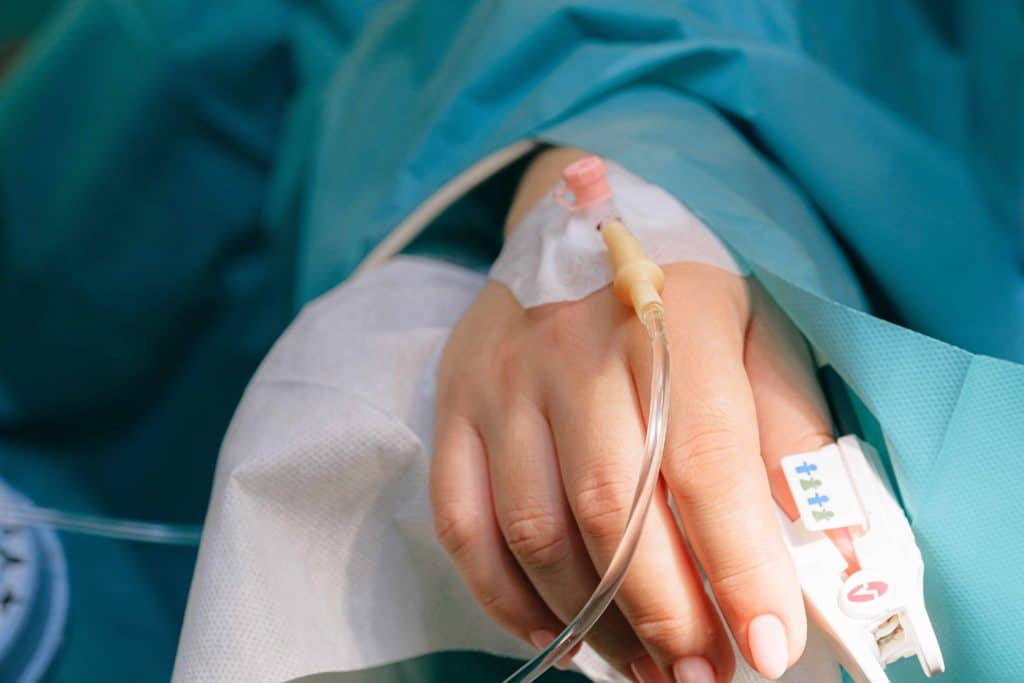Many of the people I’ve worked with over the years as they recover from anorexia nervosa have shared with me variations of a fear they experience.
A fear I’m going to share and explore with you now.
There comes a point in recovery where they realise, they are making real headway.
They catch themselves making progress where they previously hadn’t imagined it possible to make progress.
Of course, this doesn’t at face value seem like something that would lead to a fear.
After all it is what every person in recovery from an eating disorder and every person, I work with ultimately wants.
But there is a common fear about what that progress means which creeps in.
And that fear is…
Fear
A fear that when they regain weight they will be suffering just as much or more than they are in their physically ill looking body but because they won’t look like they’re suffering they will lose all compassion and help.
They share with me that they have a fear that the weight won’t make the pain go away, but that because they won’t look physically ill any longer, they won’t be seen as needing help and treatment.
I always think it’s a brave thing to admit.
That sometimes we are using our bodies (unconsciously) to say and ask for things we don’t know how to say and ask for…
And it’s also not an unfounded fear.
There are truths to this fear.
One being the truth that weight gain isn’t the cure to all your pain*.
*A quick note that this isn’t an argument for not doing weight gain nor is it me saying weight gain isn’t important or even that weight gain won’t help with your pain because it will.
It just won’t cure it.
And this isn’t just opinion or speculation. We know this.
Another truth being the truth that when you don’t look physically unwell you will be treated differently (by most)1.
Judgement
I remember seeing a doctor when I was sick with anorexia for something “unrelated” to the eating disorder (it was probably related in some way, most of my health conditions have been related in some way).
I remember him looking me up and down when I mentioned something about living with anorexia nervosa.
I may have even been made to get on the scale. To check my weight as if to confirm or deny that I had anorexia nervosa based on the number flashing on the LED screen. That part I don’t remember.
The part I do remember is the look on his face as he reached his conclusion.
The part I do remember is my whole body going tight as I wanted to prevent him from saying what I knew he was about to say.
But I couldn’t.
And he said it.
I remember him saying something along the lines of “well you look fine now, so you must be all better”.
I remember how those words felt.
I remember feeling shame that those words affected me.
I remember feeling ashamed that I didn’t actually feel fine.
I remember the hatred towards myself that I looked fine so why didn’t I feel fine?
It was fuel to the ever-present fire of lies anorexia nervosa fed me “you’re different”, “you’re broken”.
I remember being lost for words.
There was nothing I could say and even if I’d had the capacity to advocate for myself back then (which I didn’t) it wasn’t my place to do so.
I was the patient.
I was sick.
I was vulnerable.
And I should have been safe.
More Judgement

I remember seeing another doctor who told me my blood cholesterol levels were high.
I remember having the same feeling as above. My whole body tensing up.
My mind repeating “please don’t, please don’t, please don’t”.
And him doing.
I remember the look of almost bewilderment on his face at his own words as he shared the generic information on high cholesterol – eat less fat and exercise.
I was seeing him for the eating disorder I had been living with for going on 10 years by that time.
I was seeing him for the eating disorder that was largely made possible by my taking on the recommendation to eat a low-fat diet.
The eating disorder that was sustained by an unhealthy obsession with exercise.
All of which he knew.
It was evident he felt silly and conflicted saying those words.
It was evident even to me, sitting alone and confused in the chair in the small, windowless room that he just didn’t know what else to say.
He didn’t know why my cholesterol was high.
I’d already done some research by this stage and I knew that high blood cholesterol levels are common in people living with anorexia nervosa.
Why? Because your body is receiving such poor nutrition that it has to resort to breaking down or “eating” your own cells and the membrane of every cell contains cholesterol. Therefore, this cholesterol makes the cholesterol levels of your blood higher. If you’d like more information on this have a read of my earlier “What Do My Blood Test Results Mean? 5 Important Blood Results You Need to Understand in Eating Disorder Recovery”.
If you’ve ever lived with anorexia nervosa you will know that when it comes to logic and emotions the emotions win out.
I knew he was giving me advice that didn’t apply to me.
I knew this.
And yet my desire to “please” won out.
I’d gone to this person one day after university and kept going with the sheer fingers crossed determination that by being honest, by being monitored, by having access to information and medical support it would keep me out of hospital.
It ended up being the opposite.
Anger and Compassion

Now, I feel anger towards these people on behalf of my past self who wasn’t allowed to feel anger.
These people were people I placed trust in, and they were people who “should” have known better.
In the same breath and on the other side of the hospital bed now as a health professional working with people in recovery from eating disorders I also feel boundless compassion towards these professionals who were unquestionably doing their best.
Because our best is all we are ever doing.
What’s also there is a frustration towards this whole experience.
A frustration towards my experience with regaining and losing and regaining and losing weight while I lived 15 years of my life with anorexia nervosa.
What’s there is a frustration towards the way I was treated so drastically different depending on this (if you’re interested in an even more drastic comparison between medical treatment for an eating disorder and medical treatment for a physical illness unrelated to an eating disorder see my earlier blog “3 Things I Learned During My First Non-Anorexia-Nervosa-Related Hospital Experience”.
I feel frustrated because as much as I hold compassion and understand they were doing their best their best injured me.
Their best impacted my life.
Massively.
I attended a training on the medical management of eating disorders recently and as I sat there listening to the GP who was speaking, I couldn’t help but have the thought we likely aren’t doing much better by people in recovery today than back when I was going through it.
That is heartbreaking to know.
I so want us to do better and so does the GP who was speaking and so does every health professional who attended that evening and so does everyone who has ever lived with an eating disorder and so does anyone who is caring for someone living with an eating disorder and so does anyone currently living with an eating disorder.
So, let’s do better.
It’s available to us.
One of the ways we can do better is by giving people with lived experience a voice and a real place in these types of trainings, discussions and creation of protocol, policies and treatments.
And I don’t think anyone with a lived experience of an eating disorder would be wanting to put a weight criteria on a diagnosis…
Atypical Anorexia Nervosa (aka Anorexia Nervosa)

The diagnosis of “atypical” anorexia nervosa (which is the label given to someone living with anorexia nervosa who doesn’t meet the low weight criteria for “typical” anorexia nervosa) is a diagnosis which has only recently been added to the DSM.
I don’t have the patience to spend time outlining why atypical anorexia nervosa is just anorexia nervosa. It is.
If you need more than that feel welcome do your own research and you’ll quickly find people living with “atypical” anorexia are just as medically compromised or even more so than those living with “typical” anorexia.
Most importantly they are experiencing all the same mental turmoil.
Because anorexia nervosa is a mental illness not a weight illness.
The Recovery Paradigm

When I was in a visibly starved and malnourished body the focus was gaining weight.
“Gain weight and you’ll be able to recover”.
“Gain weight and it will all be better”.
After I’d gain weight, the focus was… nothing…
The “being able to recover” didn’t happen.
The “all better” didn’t happen.
People didn’t know what to do with me.
The sentiment felt almost like “we’ll why isn’t she better?” and I was so far from better.
Final Thoughts

When I was in a visibly starved and malnourished body the focus was gaining weight.
“Gain weight and you’ll be able to recover”.
“Gain weight and it will all be better”.
After I’d gain weight, the focus was… nothing…
The “being able to recover” didn’t happen.
The “all better” didn’t happen.
People didn’t know what to do with me.
The sentiment felt almost like “we’ll why isn’t she better?” and I was so far from better.
Reference
(1) Eiring K, Trine WH, Reas DL. Exploring the experience of being viewed as “not sick enough”: a qualitative study of women recovered from anorexia nervosa or atypical anorexia nervosa. Journal of Eating Disorders 2021;9:1-10.
With my whole heart I hope you found this information useful and inspiring.

Become Great. Live Great.
Bonnie.



